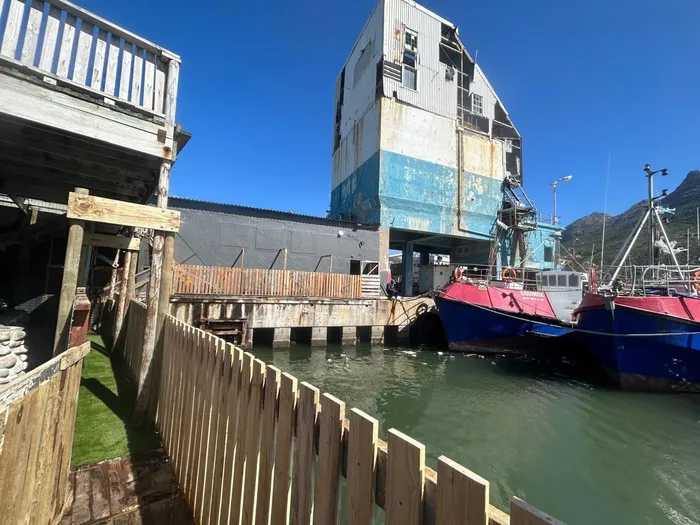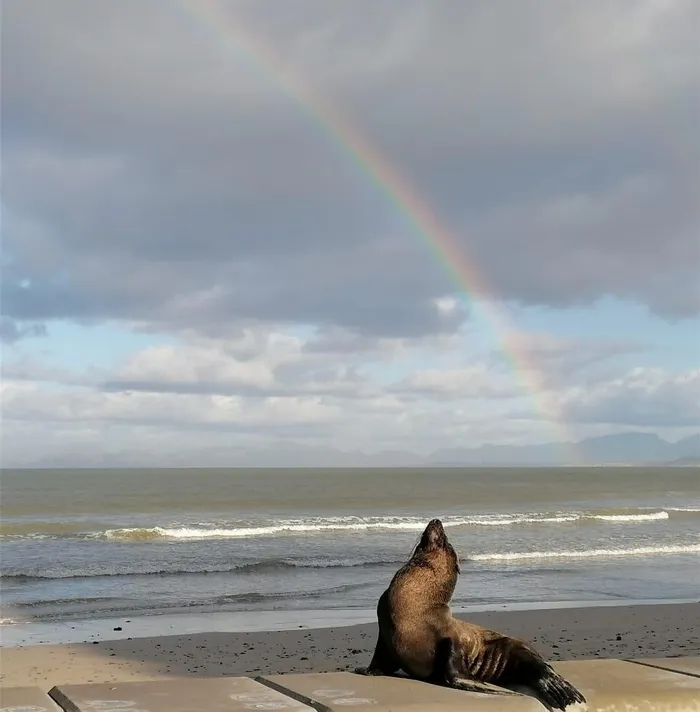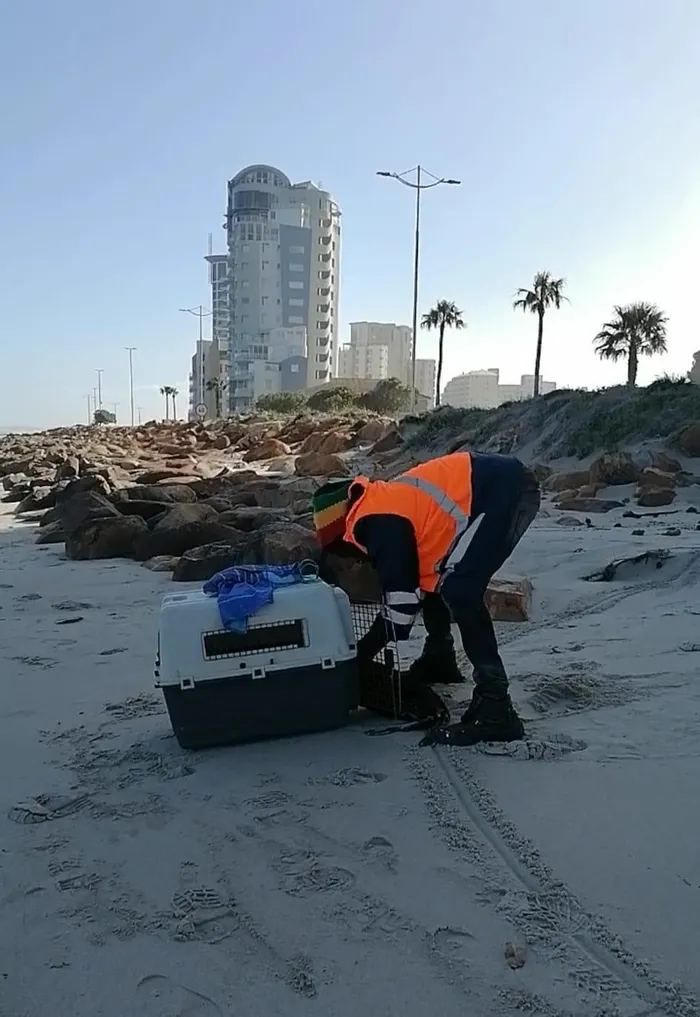Help protect Cape Fur seals: Support the Hout Bay rescue centre

The Hout Bay Seal and Rescue Centre is requesting urgent assistance to keep their operations going.
Image: Supplied
A dedicated team of Hout Bay wildlife volunteers is striving to make a difference, working tirelessly to rescue and rehabilitate orphaned Cape Fur seals.
However, despite their efforts, the Hout Bay Seal Rescue and Rehabilitation Centre (HBSRC) finds itself at a crucial crossroads, with an urgent need for assistance to sustain its vital operations.
Founded in 1999 by the late Francois Hugo, the rescue centre initially operated as Seal Alert.
It has since grown into an accredited non-profit and public benefit organisation, under the management of Kim Krynauw since 2018.
Despite its accomplishments, the HBSRC faces increasing challenges, ranging from difficult terrains to the soaring costs of wildlife rescue.
These obstacles are further exacerbated by the condition of their long-trusted rescue vehicle - a Bantam bakkie - currently deemed no longer roadworthy.
This vehicle has been indispensable for responding to emergency calls spanning from Kommetjie to Langebaan, and its absence is felt acutely by the team.
With this in mind, HBSRC has launched a Backabuddy campaign titled “Hout Bay Sea Rescue Centre NPO,” calling on the community and animal lovers everywhere to lend a helping hand.
The funds raised will go towards the purchase of a reliable vehicle capable of navigating the challenging coastal landscapes while ensuring safe transport for the rescued seals.

The seal and rescue has been helping to save and rehabilitate Cape Fur Seals in need.
Image: Supplied
“In the past year alone, we've seen some horrific cases,” said Ilana Nel, first responder and rescue volunteer at the centre.
“We have rescued more than 82 seals, each with their own harrowing story and - thanks to the dedicated care provided by our team - often a hopeful ending.”
One such case that haunts Ms Nel was that of a seal pup raised at the centre. After an intense rehabilitation journey, the seal was released back into the wild, only to return two years later with a lobster pot trap lodged tightly around its head.
“Fortunately, because the seal had been rehabilitated at our centre, it was quickly recognised and recaptured for urgent treatment,” she said.
The HBSRC is not just looking for a new vehicle; they aim to establish a permanent electricity installation and fresh water supply, vital for the ongoing care of the seals, alongside covering operational costs, medical supplies, maintenance, and volunteer support, said Ms Nel.
Each rescue entails a backdrop of compassion, dedication, and an unwavering commitment to protect these magnificent creatures, Ms Nel said.
"This is a crucial period, every bit of help is invaluable in ensuring the continued safety and recovery of the incredible Cape Fur seals," Ms Nel added.
To learn more about Hout Bay Seal and Rescue Centre, find it on social media or visit its website at www.hbsrc.org.za

Another Cape Fur Seal being safely released into the water by a member of the Hout Bay Seal and Rescue team.
Image: Supplied
Related Topics: